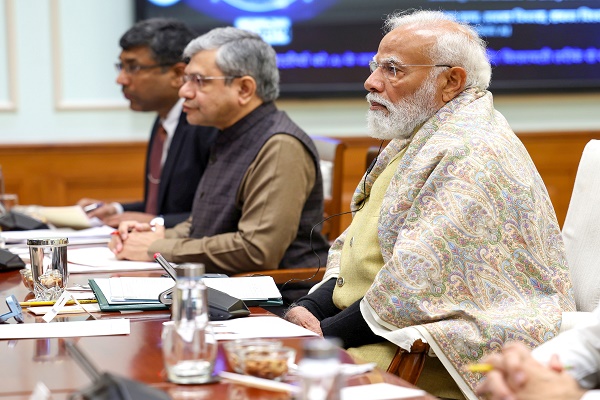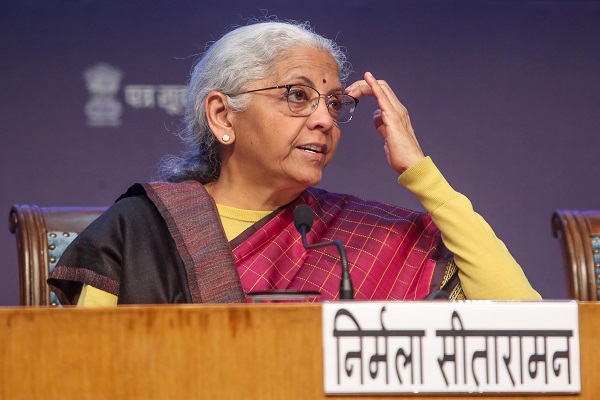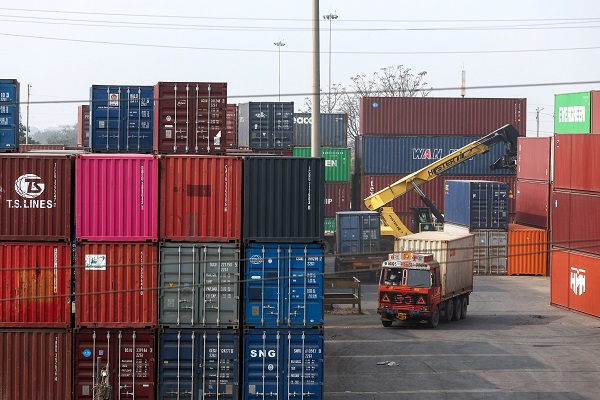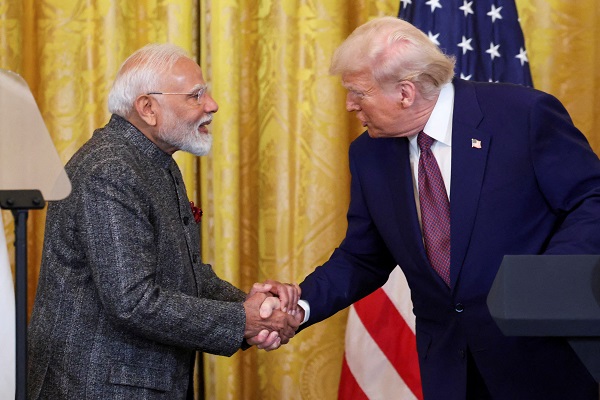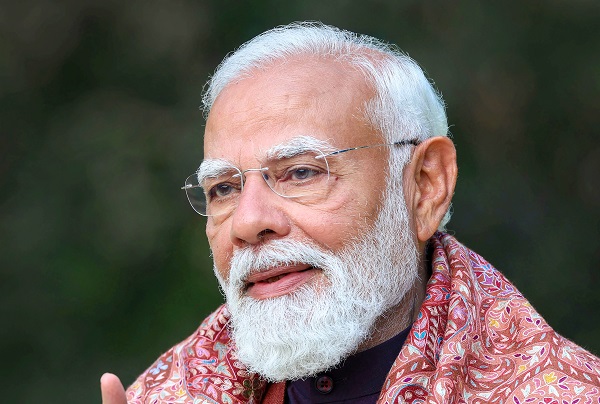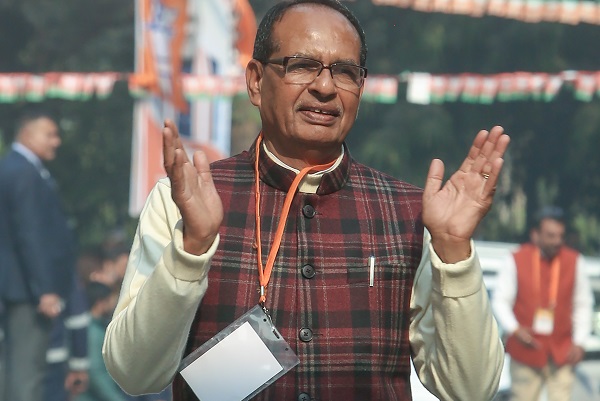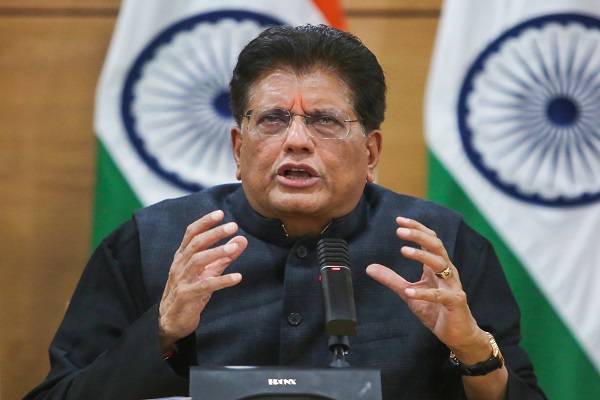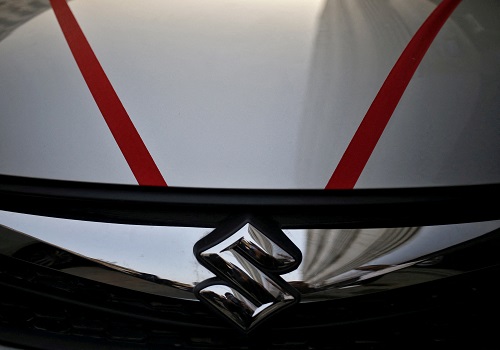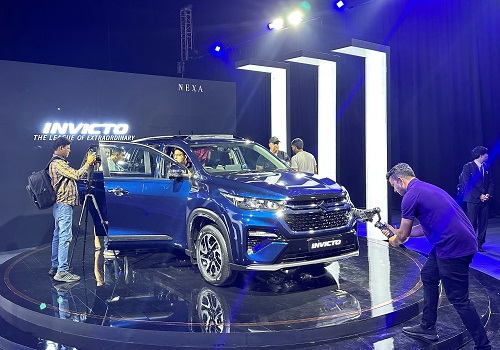Budget FY23: EV makers seek incentives for exports, PLIs to small players
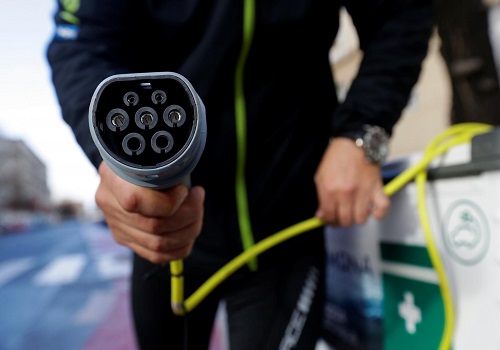
The Society of Manufacturers of Electric Vehicles (SMEV) has requested the Centre to provide some incentives -- in the form of subsidies -- on exports of affordable small cars and scooters from India in the Union Budget FY23 to be tabled in the Parliament on February 1.
The electric mobility sector is a large space that Indian industries can capture before international players invade the market with "cheaper contraptions", SMEV DG, Sohinder Gill, said.
These are part of SMEV's pre-Budget recommendations to the Centre.
"Around the world, the craze for bigger SUVs and higher-powered motorcycles is slowly veining towards compact and smaller electric cars and scooters. Thus, wonders can be done in affordable small cars and scooters segment, just as they are in internal combustion engine vehicles," Gill said.
Also, SMEV sought amendment in the PLI scheme by qualifying all MSMEs in the automobile and auto components making business.
"While the PLI scheme will certainly have incentives for the large players, it is also creating an unfair price disadvantage for small and medium-sized EV players in the industry who are not qualifying for the incentives under the aegis of the PLI scheme owing to their size, turnover and backgrounds," Gill said.
Therefore, the society requested the Centre to create a "level playing field" so that MSME EV players -- all the pre-existing and new players -- can also participate.
Besides, to create a robust ecosystem for electric vehicles, the Centre could look at putting EVs in the priority lending sector which enable citizens afford EVs at lower interest rates.
The society also requested the Centre to allocate sufficient funds for R&D and skill development.
"Unless we work seriously and diligently on EV batteries, we will end up in a situation similar to, if not worse than, our dependence on crude oil. The current level of research is abysmally low, diluted, and scattered," Gill added.

